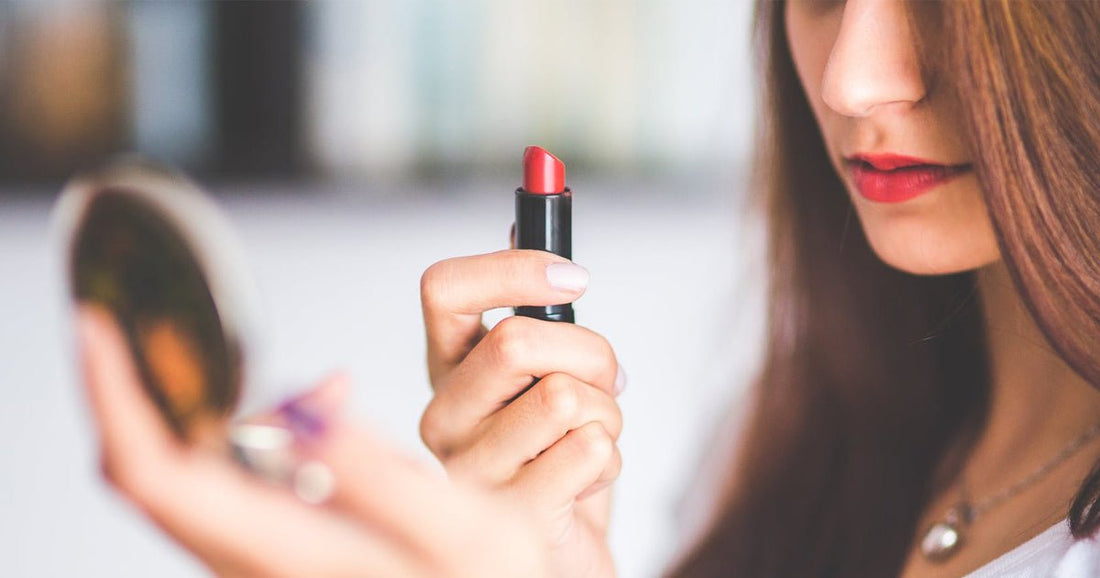
There's more to your beauty products than meets the eye. In fact, new research shows that health-related complaints about cosmetic products like shampoo and makeup are at an all-time high since the U.S Food and Drug Administration (FDA) began keeping track more than a decade ago. Currently, cosmetic manufacturers have no legal obligation to report health problems from their products to the FDA.
So what does this imply? What are the health risks you are exposed to while using your beauty products?
Hormonal Imbalance
Culprit: Parabens
Parabens, which are used to suppress microbial growth in everything from shampoo, conditioner, perfume, toothpaste, soaps, and other hygiene products, are likened as a hormone-mimicking ingredient. One study revealed that parabens are estrogenic, meaning they compete with estrogen for binding sites in the body, potentially affecting hormonal balance.
Skin Problems
Culprit: Sodium Lauryl Sulfates (SLS)
In a typical household, you’ll find five or more products that contain sodium lauryl sulfate. Think of the products you have that create suds (lather) when you use them. The main problem with this ingredient is that it’s corrosive--it wears away at the protective lining of your skin. SLS have actually been used in clinical studies to irritate skin so researchers can test healing solutions. Another unpleasant effect of SLS is skin aging. In a study, scientists reported that SLS “had a degenerative effect on the cell membranes because of its protein denaturing properties.”
Developmental, Reproductive, and Neurological Damage
Culprit: Phthalates
Phthalates are a group of chemicals that are disruptive to the endocrine system, which is responsible for hormone production. This can lead to developmental, reproductive, and neurological damage. These chemicals are specifically shown to worsen a woman’s egg quality and quantity.
Birth and pregnancy complications
Culprit: Retinoids
Controversy exists around the link between retinoid exposure and birth defects. Still, it remains that the most recent study on this topic recommends avoiding retinoids during pregnancy. Some antiaging creams may also contain doses of vitamin A (retinol), which should be avoided in pregnancy. That's because high doses of vitamin A can lead to abnormalities in the baby.
Did you know that 26 seconds is all it takes for the chemicals in your beauty products to enter your bloodstream and with the average women putting 168 toxic chemicals on her skin each day, paying closer attention to the ingredients found on your beauty products is very important. Why not make the switch to organic, natural beauty care products? Find the best toxin-free must-haves only at Zafra!

